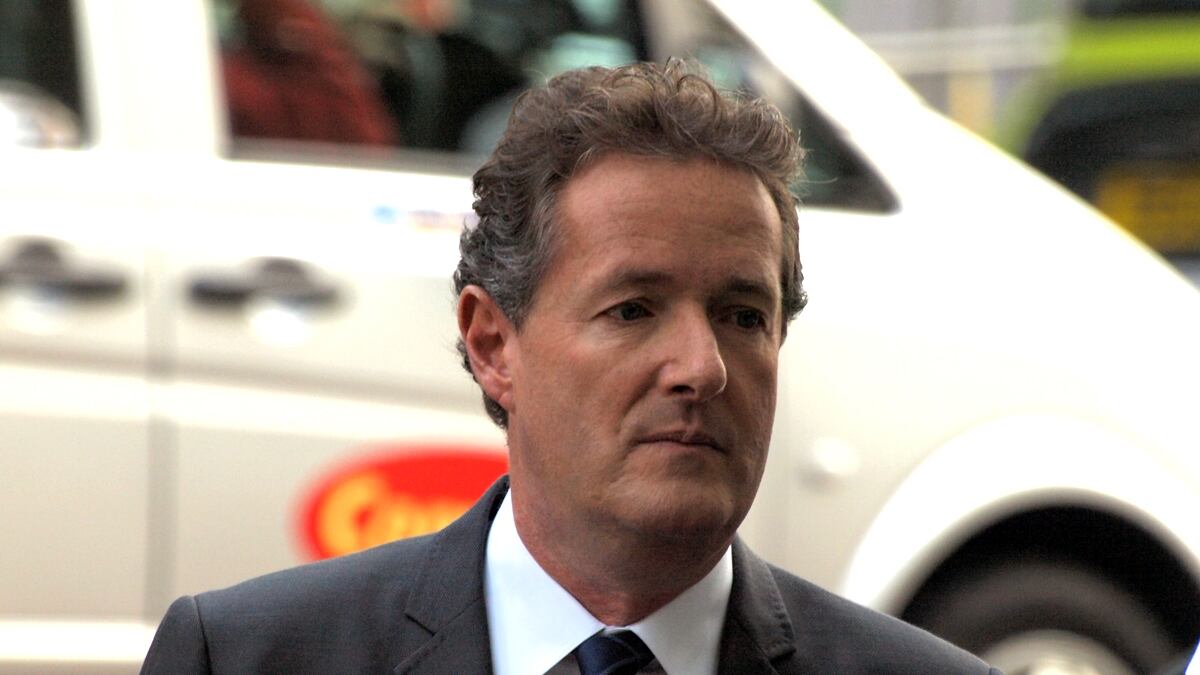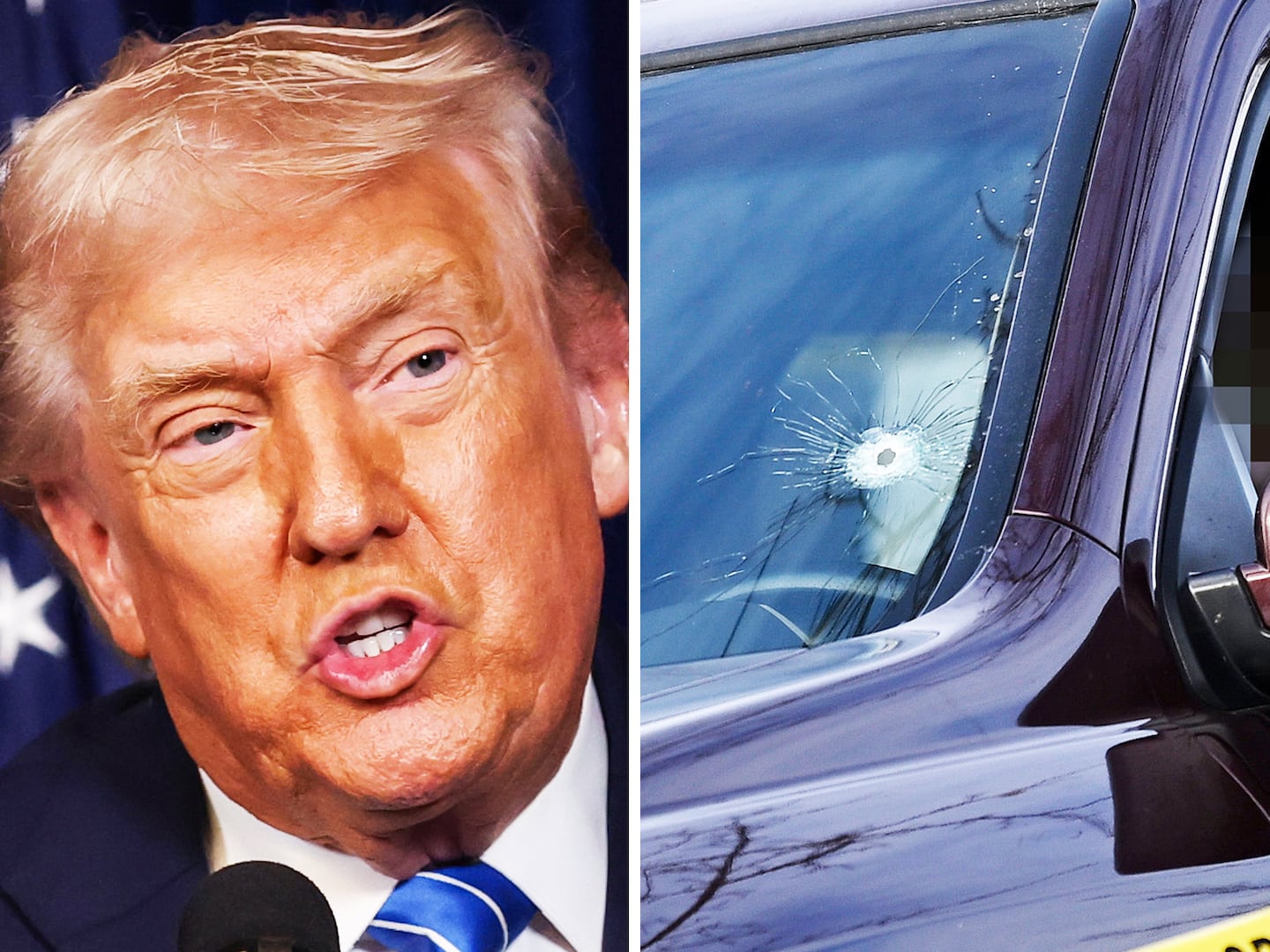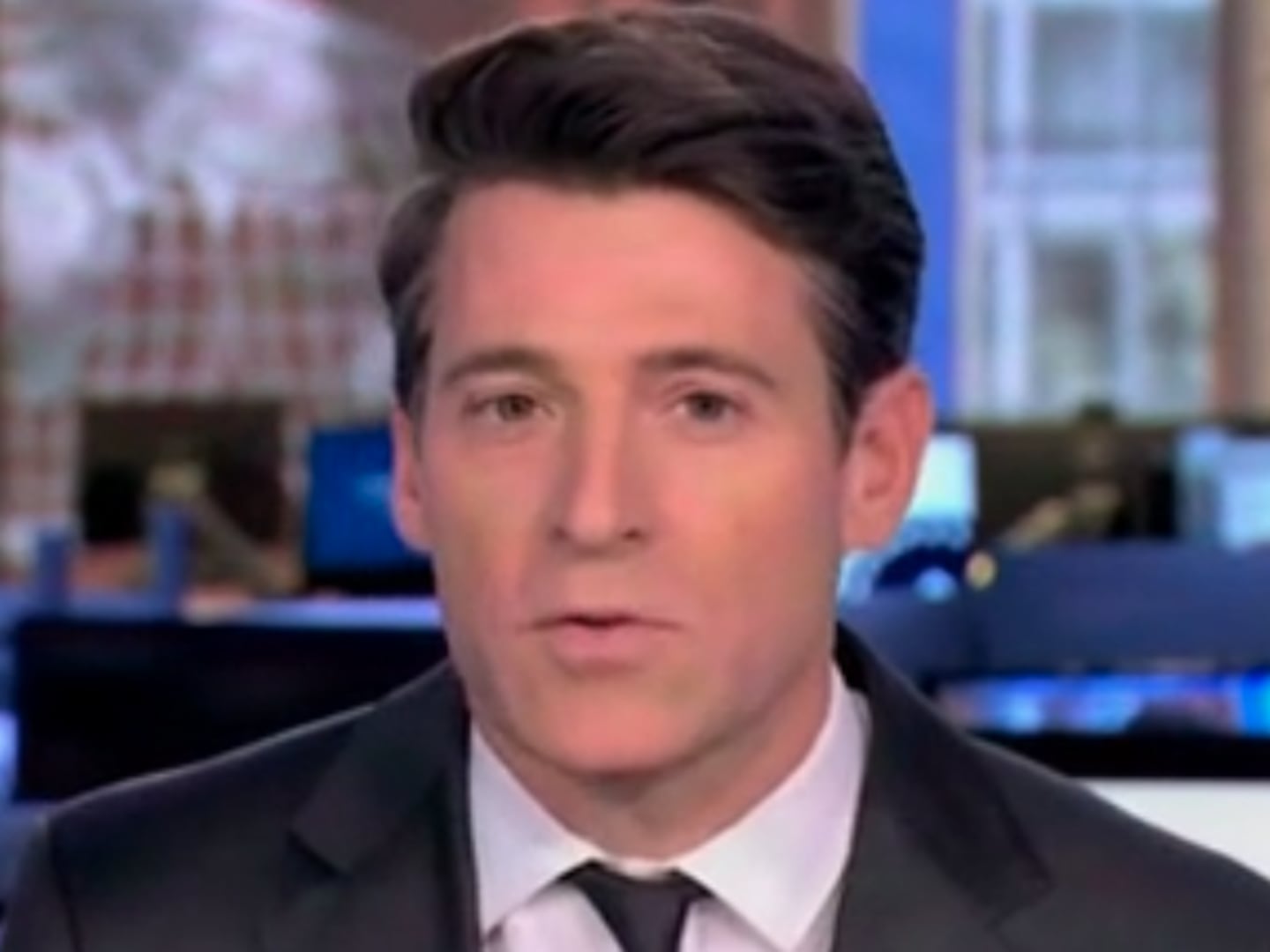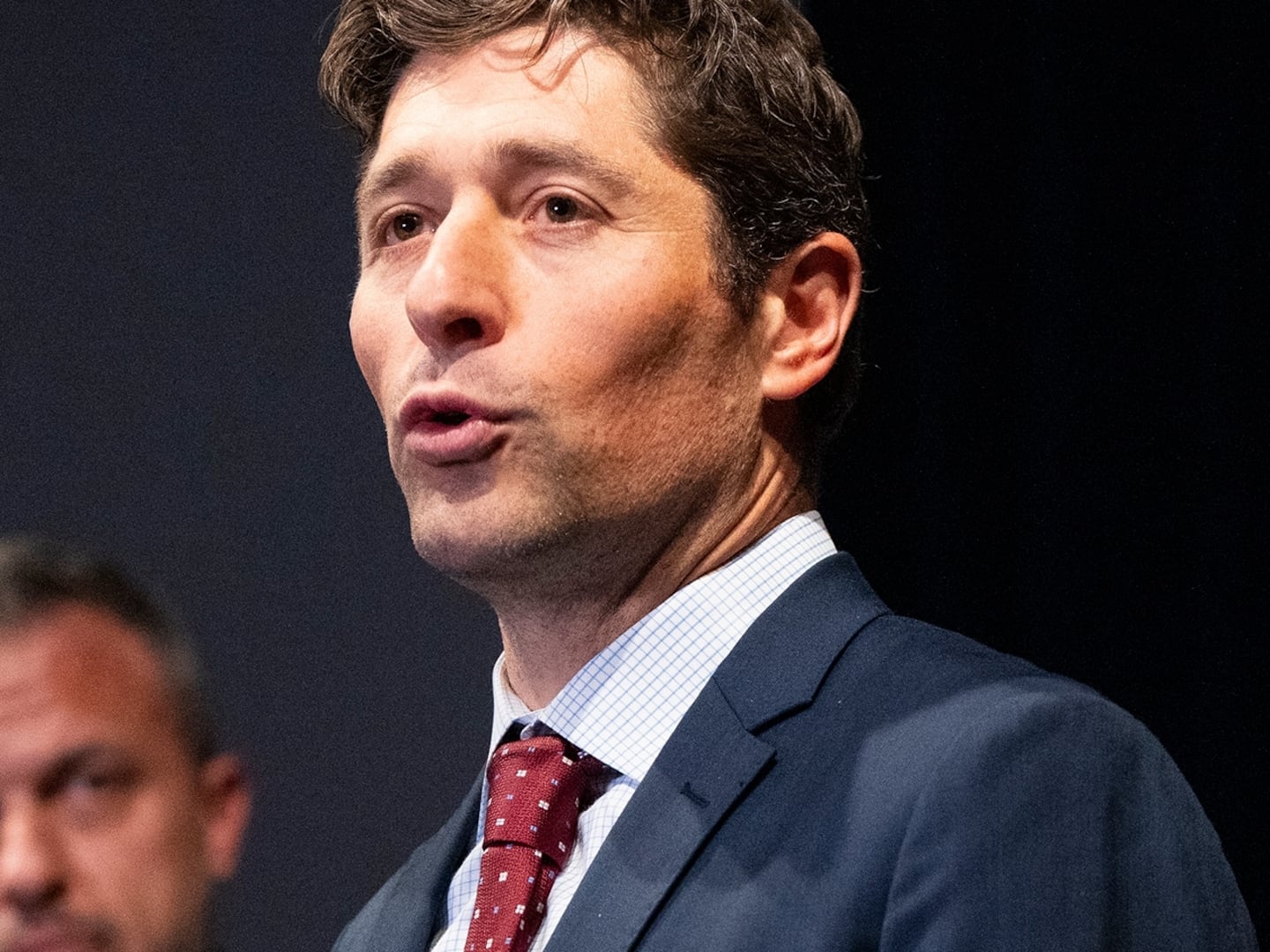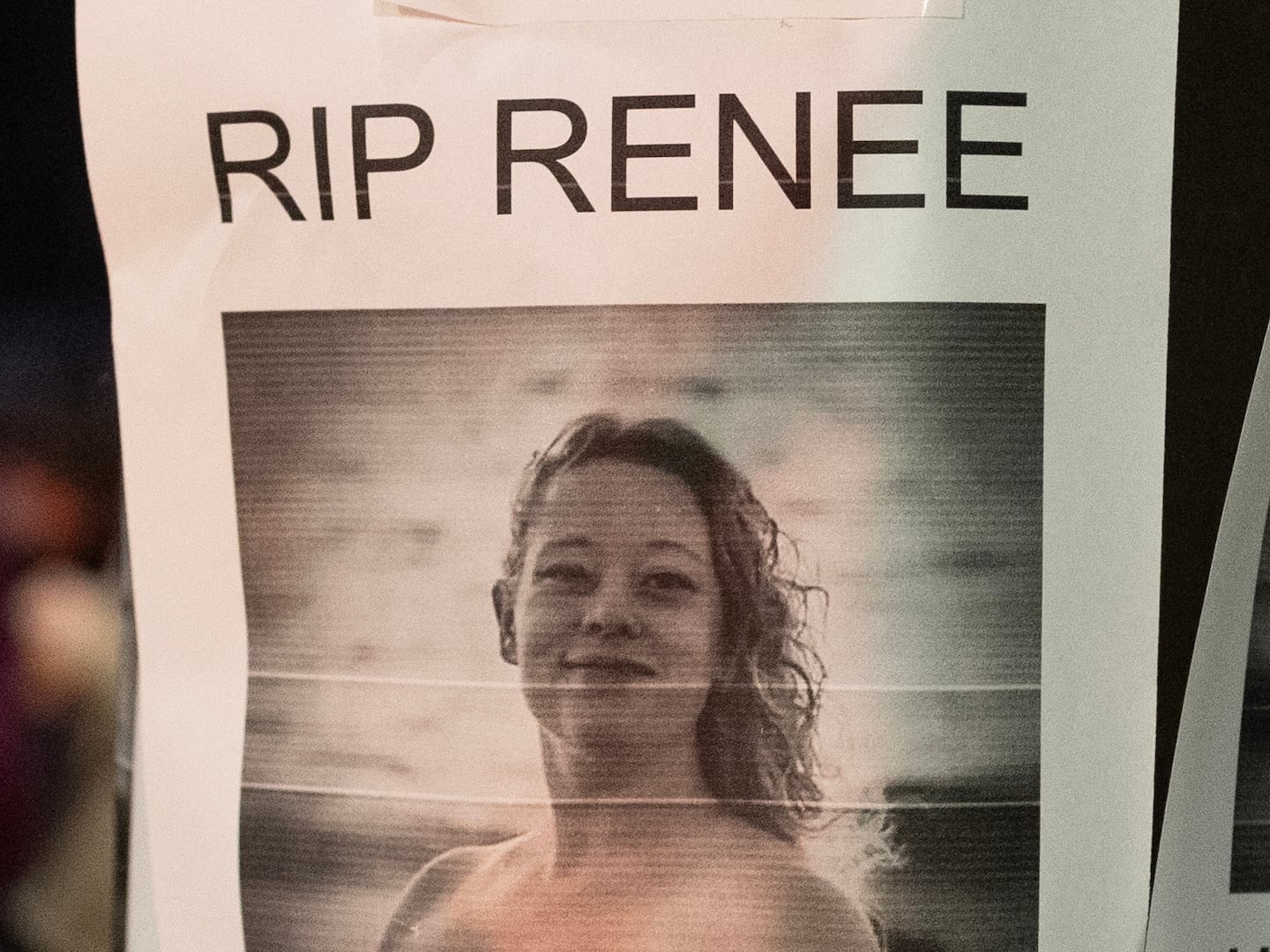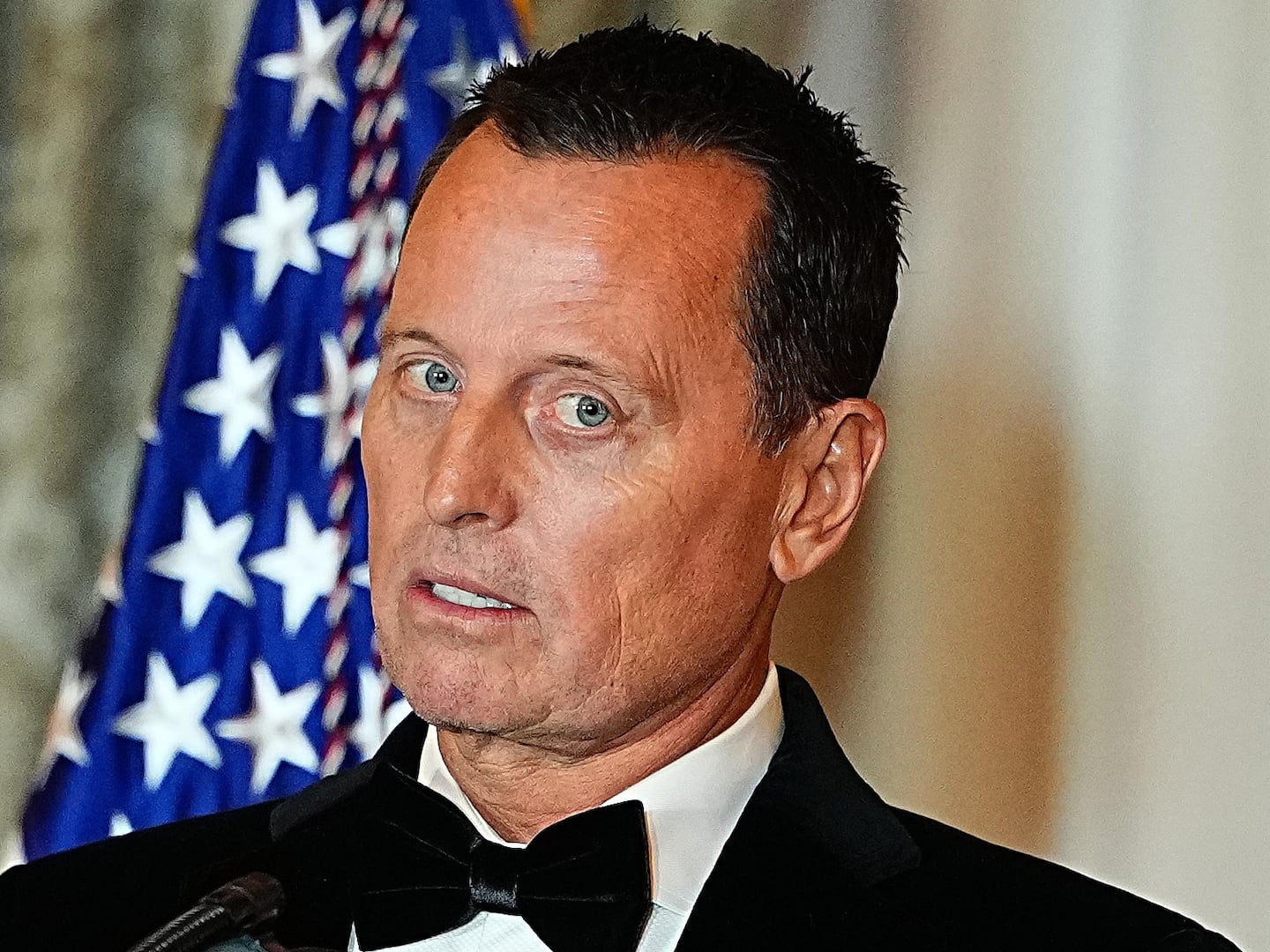We don’t know yet when it will happen or who exactly will be his interrogators, but Piers Morgan is certain to face official questioning in the U.K. about alleged phone hacking at the Daily Mirror while he was editor.
He will be required to answer claims by a former Mirror journalist, James Hipwell, and by Paul McCartney’s ex-wife, Heather Mills, that Mirror group reporters illegally accessed mobile-phone voicemails in the same manner that prompted the closure last month of Rupert Murdoch’s London Sunday tabloid, News of the World. But his questioners will have bigger, more general suspicions in mind as well.
Who will those questioners be? The police may well want to interview him, though they have their hands full and he is unlikely to be a priority. And the parliamentary committee that recently questioned Rupert and James Murdoch may also be interested, though not before October or November. There can be no doubt, however, that Morgan will in due course be cross-examined by the independent public inquiry set up by the government to probe hacking and the state of British journalism—likely to be a long and exhaustive process.
Now CNN’s lead interviewer, Morgan was editor of the Daily Mirror from 1995 to 2004, a period overlapping the 2001–06 time frame in which News of the World reporters are believed to have hacked phones. He has consistently denied hacking or authorizing hacking, in sweeping terms. The new allegations leave him on the defensive, but other, more circumstantial evidence has long raised serious suspicions about what went on at the Mirror.
For one, there has always been considerable movement of staff between the British tabloids, so several reporters and editors on News of the World in the key period moved either in from or out to papers in the Mirror group, switching jobs. These papers also rely heavily on freelancers who move readily between the newsrooms, and they sometimes used the same private investigators to help them find stories.

In these circumstances, and given what we now know about the scale of hacking at News of the World, the chance that Mirror journalists and executives in the later years of Morgan’s tenure were unaware of the technique is surely slim. And if they knew another tabloid was getting stories in this way, could they have resisted the temptation to try?
Another problem for Morgan is the behavior of Mirror papers as the hacking scandal slowly developed starting in 2006. All the British tabloids either ignored or buried the story at every stage until this summer—even when it involved celebrities such as Sienna Miller and Elle Macpherson, whose every move they normally chronicle.
Apart from the Murdoch papers, the Mirror and its Sunday sisters were clearly the most dogged in pursuing this policy. In other words, they withheld from their readers a big story that was acutely damaging to their most bitter rivals—the opposite of normal behavior in the dog-eat-dog world of Fleet Street. It is little wonder that this prompted speculation about the Mirror’s own record. Was it afraid that the trail might eventually lead to its own door, and did it hope that by burying the story it might make it go away?
Consider, too, the behavior of the current Mirror Group leadership, whose standard response to questions about hacking is to say that their journalists abide by the law and the professional codes of practice. That is the present tense; they are far less forthright when it comes to the past. Like other tabloid publishers, the group is conducting an internal review into standards, but again it is not retrospective.
As for Morgan himself, he is not known as a pillar of journalistic ethics. In 2000, while editor of the Mirror, he was censured by the Press Complaints Commission for his share-buying activities (though he was cleared of wrongdoing by Britain's Department of Trade and Industry and a Trinity Mirror internal investigation). And in 2004 he was sacked after publishing photographs of British soldiers abusing Iraqis that turned out to be fake. At the time, he was criticized for failing to make appropriate checks; later he would mount the curious argument that publication had been justified because later evidence showed that some British soldiers, in different circumstances, did abuse Iraqis.
Suspicion alone would be enough to justify summoning Morgan to account for his editorship of the Mirror at a critical time. The public inquiry, led by a senior judge, Lord Leveson, has a specific brief to establish how far the use of illegal practices spread across the British news media. The Mirror Group and its past editors will be key witnesses.
The allegations of the past few days make close scrutiny of Morgan’s record a certainty. James Hipwell, a former financial journalist who was jailed in 2004 in the same scandal over share dealings for which Morgan was criticized, told the Independent newspaper that hacking was common at the Mirror. Heather Mills described on BBC television a conversation with a senior Mirror Group reporter, at the time that Morgan edited the Mirror, in which the reporter admitted listening to her voicemails.
If Morgan is not already in close consultation with his British lawyers, he will be very soon.

